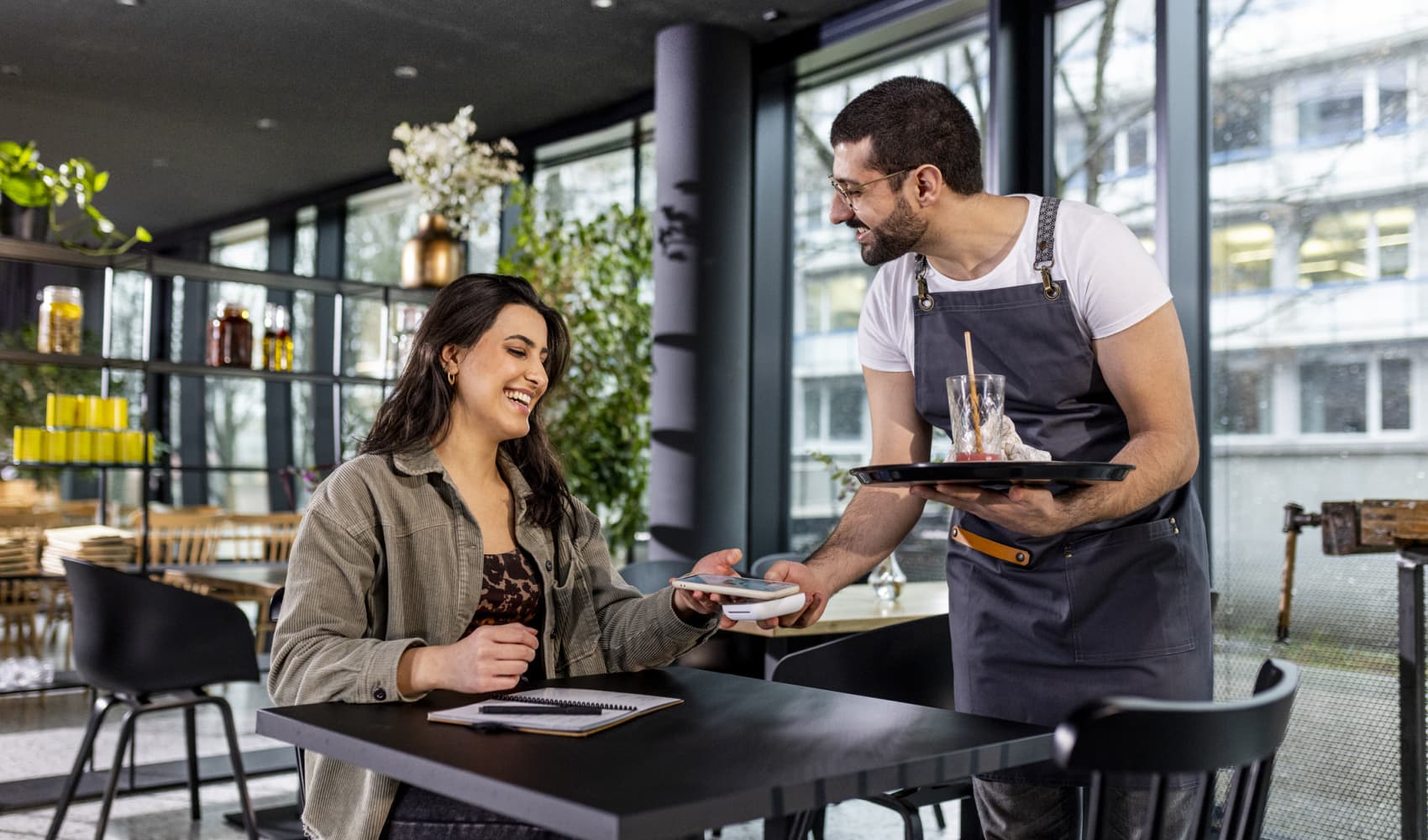
- PayPal shares fell as much as 7% on Tuesday after it provided softer guidance than analysts were anticipating for the fourth quarter.
- For the fourth quarter, PayPal is calling for "low single-digit growth." Analysts were expecting growth of 5.4% to $8.46 billion in revenue.
- PayPal reported net income of $1.01 billion, or 99 cents per share, compared with $1.02 billion, or 93 cents per share, a year earlier.
PayPal shares fell as much as 7% on Tuesday after it provided softer guidance than analysts were anticipating for the fourth quarter.
The company reported better-than-expected third-quarter earnings, but it missed analysts' expectations on revenue for the July-through-September period.
Here's how the company did compared with Wall Street estimates, based on a survey of analysts by LSEG:
- Earnings per share: $1.20, adjusted vs. $1.07 expected
- Revenue: $7.85 billion vs. $7.89 billion expected
For the fourth quarter, PayPal is calling for "low single-digit growth." Analysts were expecting growth of 5.4% to $8.46 billion in revenue. The investor deck says guidance reflects a "price-to-value strategy and prioritization of profitable growth."
The company expects adjusted earnings per share of $1.07 to $1.11, versus the average analyst estimate of $1.10, according to LSEG.
Money Report
Revenue increased about 6% in the quarter from $7.42 billion in the same period a year ago. PayPal reported net income of $1.01 billion, or 99 cents per share, compared with $1.02 billion, or 93 cents per share, a year earlier.
It's the first earnings report for CEO Alex Chriss since he reached his one-year mark on the job in September. Coming into Tuesday, PayPal's stock was up 36% this year and 42% since Chriss joined the payments company, which at the time was mired in a deep slump due to increased competition and a declining take rate, or the percentage of revenue PayPal keeps from each transaction.
Chriss has focused on prioritizing profitable growth and better monetizing key acquisitions like Braintree, which is used by Meta for credit card processing, and payments app Venmo.
Total payment volume, an indication of how digital payments are faring in the broader economy, rose 9% from a year earlier to $422.6 billion for the quarter ended Sept. 30, and came in just above the average analyst estimate of $422.5 billion, according to StreetAccount.
The company's operating margin was 18.8%, beating the StreetAccount estimate of 17.4%. PayPal reported total active accounts of 432 million, up 1% from a year earlier, and beating the average estimate of 430.5 million.
While PayPal's take rate slipped to 1.86% from 1.91% a year earlier, transaction margin, which is how the company gauges the profitability of its core business, rose to 46.6% from 45.4%.
One of Chriss' strategies to address the deteriorating margin was to offer merchants increased value-added services, such as connecting a couple of data points at checkout to drive down the rate of cart abandonment. That product, dubbed Fastlane, launched in August, and is a one-click payment option for online sales that can go head-to-head with Apple Pay and Shop Pay by Shopify.
In August, fintech platform Adyen made Fastlane available to businesses in the U.S., and said it plans to expand the offering globally in the future. The company also partnered with other leaders in global commerce including Fiserv, Amazon, Global Payments and Shopify as it looks to grow its share of online checkout.
Fastlane targets the 60% of online payments that aren't using a branded payment option, in the hope that a customer will graduate from guest checkout and convert to becoming a PayPal user.
The other big product launch during the quarter was PayPal Everywhere, which went live in early September. The initiative offers 5% cash back for using a PayPal debit card within the mobile app. Thus far, PayPal has seen 1 million new PayPal debit card enrollments.
"All of this is driving back branded checkout growth," Chriss said Tuesday in an earnings call.
Venmo's total payment volume rose 8% in the quarter from a year earlier. DoorDash, Starbucks and Ticketmaster are among businesses now accepting Venmo as one way that consumers can pay.
In the short term, Chriss says the two primary monetization levers are the Venmo debit card, which allows customers to spend with their balance both online and offline, and Pay With Venmo, which provides a seamless way for customers to pay online.
"With these product improvements in place, we're now leaning into marketing for Venmo for the first time in years," Chriss said.
WATCH: PayPal's crypto lead on allowing merchants to buy and sell virtual assets






